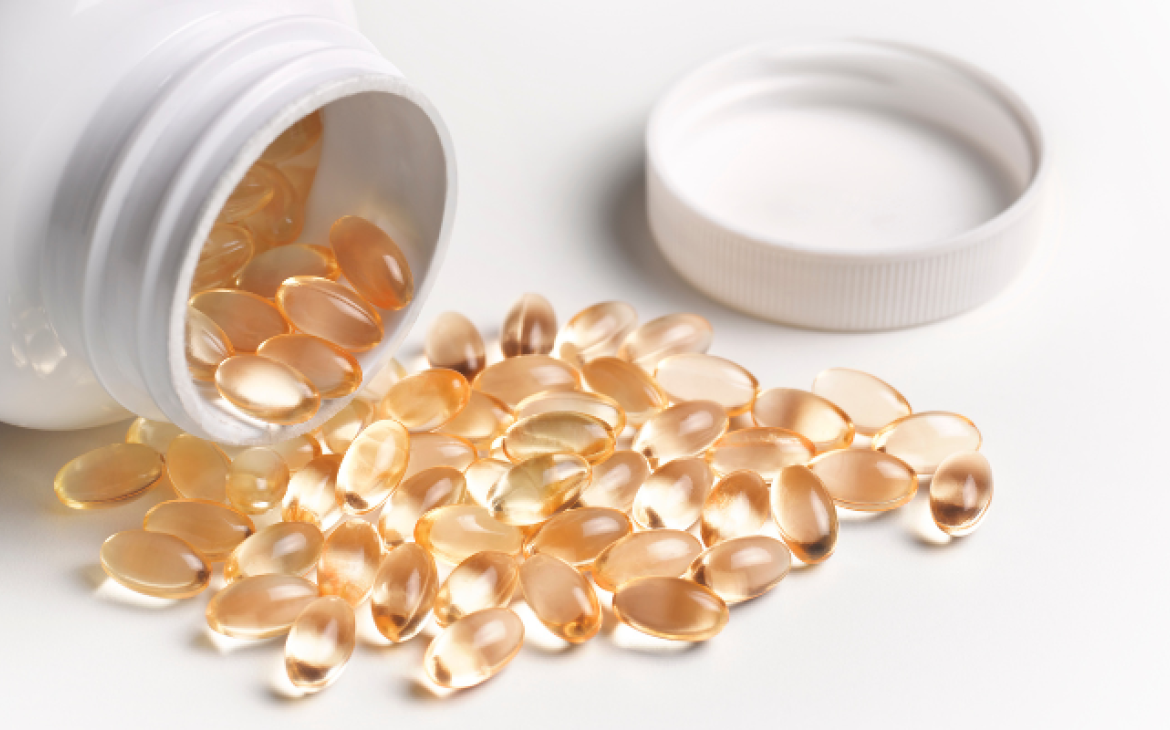 Widespread use of dietary supplements by military personnel was documented by the Institute of Medicine in 2008. To maintain fitness and endurance, about 60 percent of military personnel use several dietary supplements for performance enhancement, body building and weight loss.
Widespread use of dietary supplements by military personnel was documented by the Institute of Medicine in 2008. To maintain fitness and endurance, about 60 percent of military personnel use several dietary supplements for performance enhancement, body building and weight loss.
But how much of the pervasive use of dietary supplements in the military environment translates into proof of improved performance? What kind of evidence is out there to support the use of performance enhancement supplements?
That’s a question the Uniformed Services University of the Health Sciences (USUHS) and the U.S. Department of Defense posed to USP in order to assist the university in appropriately advising military personnel about the benefits and safety of dietary supplements commonly used by military personnel.
No Scientific Evidence
The first systematic evidence-based review for USUHS, led by USP’s Beta-alanine Review Expert Panel looked into beta-alanine’s benefits as well as safety.
USP Expert Panels and Expert Committees are groups of volunteer experts elected every five years to guide the work USP does in developing quality standards for medicines, foods and dietary supplements.
The Expert Panel found no evidence-based support that beta-alanine enhances athletic performance or improves recovery from exhaustion in active adults. The Expert Panel also noted moderate evidence for a causal relation between beta-alanine and paresthesia (which is commonly described as a “feeling of being on pins and needles”). The findings of the review were published in Nutrition Reviews.
But what does that mean? It means that the available literature provided only limited evidence concerning the benefits of beta-alanine use and that the weight of available scientific evidence on the efficacy and safety of beta-alanine, in terms of quality of the available literature, consistency, directness, and precision, does not support the performance claims of this particular supplement. Further, the clinical studies available were not designed to systematically assess safety of long-term use of beta-alanine.
Further Research Needed
This review and analysis should not be generalized to mean that dietary supplements don’t work for their intended purpose. It also doesn’t mean they are unsafe or harmful, but it points to a challenge regarding the lack of well-designed animal and human studies, which prevents the proper evaluation or any recommendation of dietary supplementation for performance enhancement, as well as many other purposes.
The research gaps identified in the Nutrition Reviews article (cited above) provide an opportunity for the dietary supplement research community – and users of performance enhancement supplements in general – to aim for well designed, scientific studies, so that there is an opportunity to properly evaluate their potential benefit and safety.
I’m sure our stakeholders are interested providing their consumers with quality products, and the type of reviews we are doing with USUHS is a good step in that direction. Our scientists at USP are eager to expand that work and are open to collaborate on studies that ultimately will improve the overall quality of dietary supplements.
Whether we do more systematic reviews of available literature to determine the benefits and safety of dietary supplements, or we lend our expertise to find new or improve on methods to correctly identify and characterize dietary supplements ingredients, or whether we increase our activities in finding and dealing with adulteration of dietary supplements, USP is committed to working with stakeholders and I hope to share our work in future posts.
Subscribe to the USP Dietary Supplements eNewsletter to stay informed about the proposed standards.
Nandakumara Sarma, Ph.D., is director of dietary supplements at the U.S. Pharmacopeial Convention (USP).


